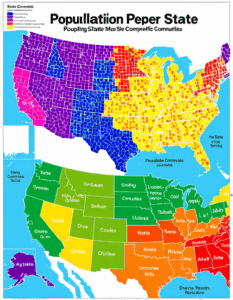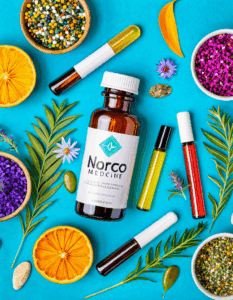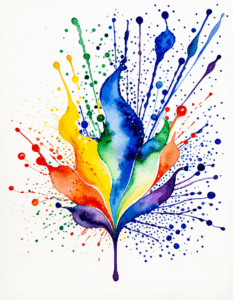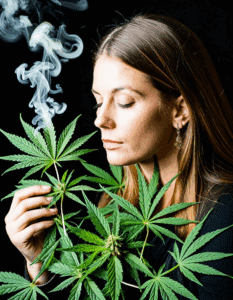In today’s fast-paced world, gaming in sobriety has emerged as a prominent topic for many individuals in recovery from addiction. Video games can be more than just a form of entertainment; they can serve as a coping mechanism and a way to socialize without the stressors that often accompany traditional social settings. The practice of gaming in sobriety offers a chance to cultivate leisure, creativity, and connection in a safe environment. However, like any enjoyable activity, moderation and mindfulness are key. So, how can you embrace gaming in sobriety responsibly? Here are some actionable tips to help guide your journey.
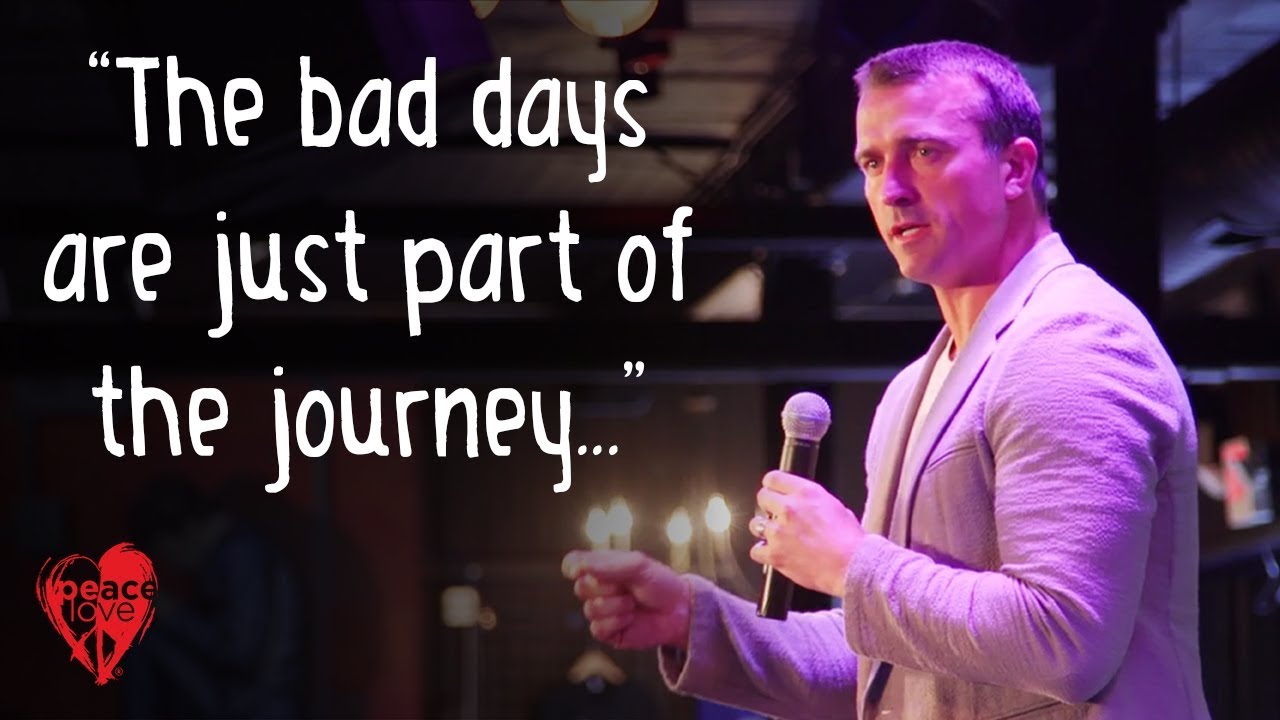
1. Top 7 Tips for Gaming in Sobriety

1. Choose the Right Game
Selecting the right game can make all the difference. Opt for games that promote positive interaction, creativity, and relaxation. Titles like “Stardew Valley” allow players to grow a virtual farm, engage in relationships, and cultivate mindfulness. Avoid games with themes of addiction or excessive competition, as they can trigger old habits and stress responses.
2. Set Time Limits
To keep gaming from overshadowing other aspects of life, it’s essential to establish boundaries. Set clear time limits for your gaming sessions using timers or parental control features available on platforms like the Nintendo Switch. This strategy not only ensures balance but encourages responsible habits, reminding you to engage in other activities, too.
3. Engage in Social Gaming
Explore multiplayer games that foster teamwork, like “Overcooked” and “Fall Guys”. These games promote camaraderie, encouraging teamwork and communication, reinforcing positive relationships while maintaining a supportive community. Social gaming can lessen feelings of isolation, which is crucial in recovery.
4. Monitor Emotional Triggers
Being aware of how gaming makes you feel is vital. Competitive games, such as “League of Legends,” may elicit anxiety or frustration, so it’s important to recognize those emotional responses. If a game doesn’t bring joy, don’t hesitate to step back and choose something that aligns more closely with a calmer state of mind.
5. Incorporate Mindfulness Techniques
Before diving into a gaming session, take a few minutes to practice mindfulness. Focus on your breathing and set a clear intention for your gaming time. This practice helps clear your mind, allowing for a more enjoyable and grounded gaming experience. Mindfulness can be a powerful ally in your recovery journey.
6. Share Your Gaming Journey
Creating a blog or joining forums can provide an outlet for sharing your experiences with gaming in sobriety. Engaging in online recovery Communities can foster relationships with others who understand your journey. Platforms like the subreddit r/sober offer valuable insights and encouragement.
7. Balance Gaming with Other Activities
Variety is the spice of life! While gaming can be enjoyable, it’s important to engage in other activities, too. Consider physical pursuits like yoga or going on a hike, or explore creative hobbies like painting or reading. Maintaining a balance allows you to enjoy gaming while enriching your life in other ways.

2. Understanding the Impact of Gaming on Recovery
Gaming in sobriety can have numerous benefits, acting as a therapeutic outlet for individuals recovering from addiction. Engaging with video games can enhance cognitive functions and improve emotional well-being. Studies show that gaming can promote problem-solving skills, boost mood, and create feelings of accomplishment. When enjoyed responsibly, gaming can serve as a valuable tool in your recovery toolkit.
However, it’s important to note that just as gaming can have benefits, it can also lead to overindulgence. According to an Oxford study, dedicating more than 20 hours a week to gaming can start impacting your well-being. This doesn’t equate to a gaming disorder, but it highlights the importance of mindful playing in maintaining healthy habits.
3. The Role of Community in Sober Gaming
Community plays a crucial role in any recovery journey, and gaming in sobriety can provide a sense of belonging. Online platforms like Discord enable players to connect and share experiences, forming sober friendships. Participating in gaming groups dedicated to recovery, such as Sober Gaming on Facebook, fosters a sense of support and stability, reminding you that you are not alone.
Building connections with others navigating similar paths can enhance your recovery experience. Research shows that strong social ties can foster resilience and mitigate feelings of loneliness. Embrace the opportunities that gaming provides to nurture those relationships.
4. Recognizing the Signs of Gaming Overindulgence
While gaming can be a pleasurable hobby, awareness of potential pitfalls is essential. Some signs that gaming may be becoming counterproductive include neglecting responsibilities or feeling anxious when not gaming. Gaming should never replace essential self-care or serve as the sole coping mechanism for emotional struggles.
Catching these signs early allows for a healthier relationship with gaming. If gaming starts to feel like an escape from reality rather than a fun pastime, it might be time to step back and reassess your gaming habits.
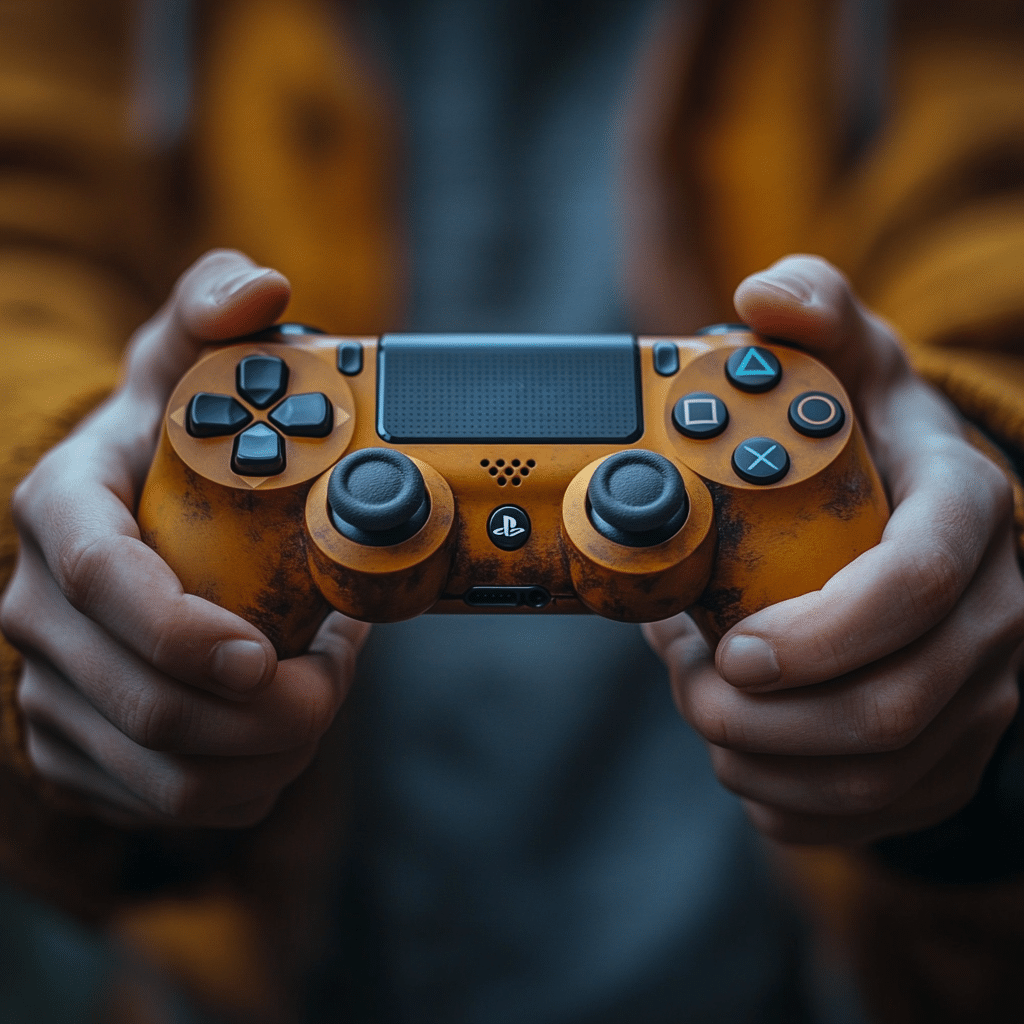
5. The Future of Responsible Gaming in Sobriety
As the gaming industry continues to change, so do the opportunities for fostering responsible gaming experiences. More wellness-focused games are emerging, and initiatives like the “Take This” charity aim to destigmatize mental health discussions in gaming spaces. This shift is heartening for those engaged in gaming in sobriety, as support for a sober lifestyle within the gaming community enhances the overall experience.
Moreover, with the increase of resources dedicated to mental health and recovery, players can expect to find support through various platforms. Online recovery communities can bridge the gap between gaming and healthy coping mechanisms, integrating positive practices into gaming experiences.
Embracing gaming in sobriety is an enriching possibility. By defining your boundaries and making conscious choices, gaming can be a joyful and supportive aspect of your recovery journey. Through thoughtful engagement and community connection, gaming can indeed become a beloved companion in life’s adventure, helping promote well-being and resilience as you navigate sobriety.
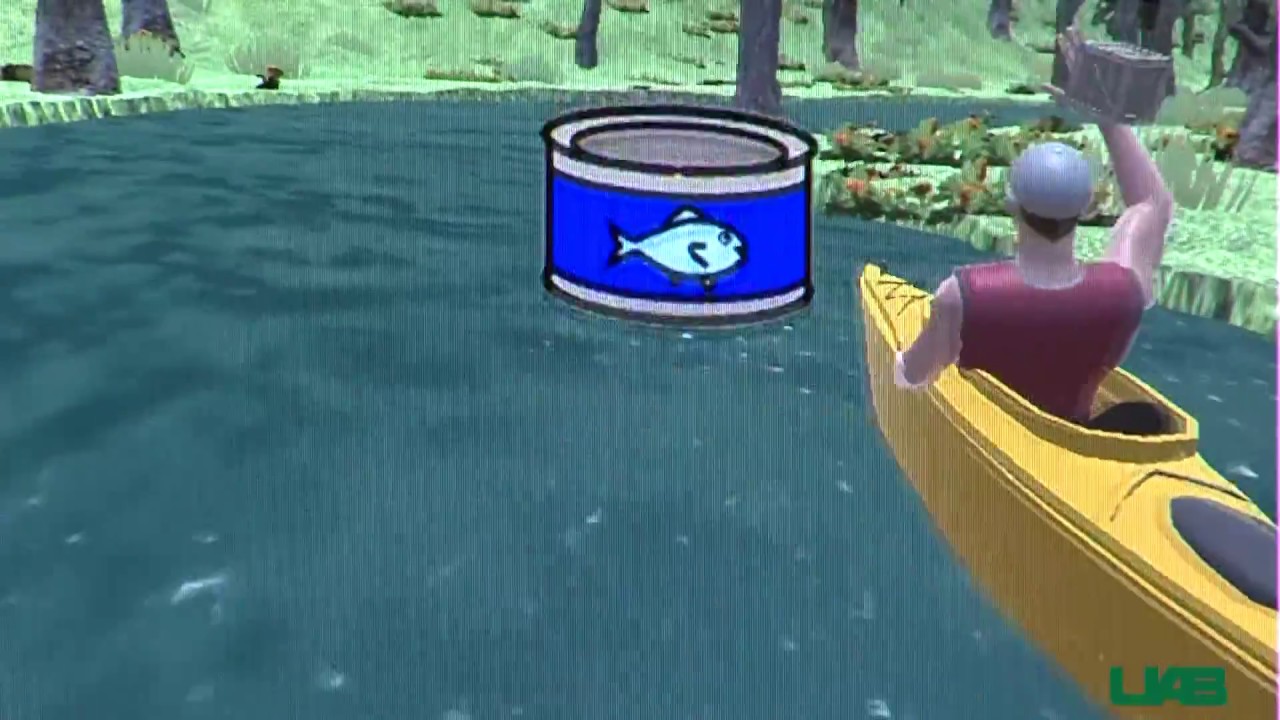
Gaming in Sobriety: Engaging in Fun, Not Frenzy
Finding Balance in Gameplay
Gaming in sobriety can be a thrilling and fulfilling experience when done mindfully. Did you know that studies show virtual therapy For addiction can be an effective tool for individuals looking to balance their gaming habits? Participants can find solace in structured gaming communities while attending therapeutic sessions online. These virtual environments allow players to connect, share experiences, and reinforce a positive mindset. So, when logging in for a gaming session, remember, your health and your well-being come first!
Curiosity in gaming sometimes leads us to explore popular figures who embrace their hobbies responsibly. For instance, the life of entertainers like Keke Palmer and her boyfriend showcases how balance in life can play out magnificently—from acting to gaming! They remind us all that engaging in fun, recreational activities doesn’t have to detract from personal growth or sobriety. Just like any good show, gaming can be an entertaining escape without compromising the journey toward healthier living.
Navigating Digital Wellbeing
As we dive deeper into gaming in sobriety, let’s talk about digital wellness. Gaming offers a unique way to unwind, but too much screen time can slip into addictive behaviors. To keep things healthy, it’s essential to monitor your game time and take breaks frequently. Organizations advocating for digital wellbeing emphasize this balance, making it easier to reduce pressures and focus on the fun without losing sight of life outside the screen. So next time you level up in a game, remember to also level up your balance in real life!
And speaking of leveling up, consider the cast Of Home economics, who embody teamwork and support in their show. Just like this ensemble, gaming can foster collaboration among friends and communities, encouraging support and connection—key ingredients in maintaining sobriety. All these interactions point to the rich tapestry of social connections that gaming can offer when engaged responsibly.
Embracing Creativity and Fun
Embracing gaming in sobriety can also open doors to new creative outlets. Players often reinvent their gameplay, whether it be through creating amazing designs or even spinning new tales within gaming environments. For instance, have you heard about athletic Nudists exploring the world of fitness games? It’s all about fun, acceptance, and being open to new experiences while maintaining a healthy mindset. Engage with games that encourage creativity, allowing yourself to express and discover while staying rooted in your recovery journey.
And let’s not forget the thrilling moment when you spit out your favorite Joe Pesci quotes while navigating an intense gaming scenario. Humor can serve as a fantastic tool to keep spirits high and make the gaming experience a joyous one. So, as you explore the intricate adventures of your chosen games, allow that joy to fuel your passion for sobriety, connecting with fellow gamers who share similar journeys and stories—like the popular character Vhagar from the lore of Westeros that brings adventure to a whole new level!
With these insights, you can make gaming in sobriety a vibrant part of your life while maintaining focus on what truly matters: your health, relationships, and happiness. So gear up, play wisely, and enjoy every moment!

Can you play videogames in rehab?
You can’t play video games in rehab. It’s important to focus completely on your treatment during this time, so you can learn healthy coping skills and truly get the most out of your experience.
How many hours of gaming is considered an addiction?
According to an Oxford study, playing for 15-20 hours a week is leaning towards overdoing it, and more than 21 hours a week—like three hours a day—could negatively affect your well-being. But just hitting those numbers doesn’t automatically mean you have a gaming disorder.
How do you beat sobriety boredom?
To beat sobriety boredom, consider trying new hobbies, getting into nature, or even connecting with support groups. Finding fulfilling things to do helps fill the time and can make your journey more enjoyable.
What is the white chip in sobriety?
The white chip in sobriety signifies the start or renewal of your commitment to staying sober. It’s a simple but powerful reminder of your journey and intentions.
Are video games good for recovery?
Video games can be both good and bad for recovery, depending on how they’re used. They can offer relaxation and a method to connect, but it’s key to maintain a healthy balance and be aware of your gaming habits.
How are video games used in rehabilitation?
In rehabilitation, video games can be used as a tool to teach coping mechanisms or provide a safe environment for social interaction, but they should be carefully monitored to ensure they don’t become a way to escape from reality.
Is 2 hours of video games a day too much?
Two hours of gaming a day isn’t necessarily too much, but it really depends on your overall lifestyle and mental health. Keep an eye on how it makes you feel.
What are the signs of gaming addiction?
Some signs of gaming addiction include losing track of time, neglecting responsibilities, having withdrawal symptoms when not playing, and using gaming as a way to escape from real life.
Is 4 hours of gaming a day too much?
Four hours of gaming a day might be pushing it, especially if it interferes with your daily activities or relationships. It’s all about balance and making sure it doesn’t take over your life.
Can you be sober and still have fun?
Yes, you can be sober and still have plenty of fun. It’s all about finding new activities and enjoying life without substances.
Why is early sobriety so hard?
Early sobriety can be tough because you’re dealing with cravings, emotional ups and downs, and adjusting to life without your previous coping tools. But it gets easier with time and support.
How do you pass field sobriety?
To pass a field sobriety test, you usually need to perform a series of tasks to show you’re not impaired, like walking in a straight line and balancing. Remaining calm and focused can help.
What are the 3 P’s of sobriety?
The three P’s of sobriety are often said to be “People, Places, and Things.” It’s about surrounding yourself with supportive people, avoiding old hangouts, and steering clear of situations that trigger cravings.
What is the finger test for sobriety?
The finger test for sobriety is a simple exercise where you touch your finger to your nose while your eyes are closed, as a way to gauge coordination and balance.
What color represents sobriety?
Different sobriety chips have different colors, and each color represents the length of sobriety achieved, like white for starting out, yellow for 30 days, and so on.
Can you play video games with your therapist?
You generally can’t play video games with your therapist, but they might encourage using interactive activities in a healthy way that’s beneficial for your therapy.
Do mental hospitals allow video games?
Many mental hospitals don’t allow video games, focusing instead on more therapeutic interventions to help patients engage with their recovery process.
Can video games help in mental health recovery?
Video games can have some positive effects on mental health recovery if used responsibly. They can provide a sense of accomplishment and help with social connections, but balance is key.
Can you watch sports in rehab?
Watching sports in rehab usually varies by the facility’s rules. Some places may allow it while others may focus on keeping the environment distraction-free to prioritize healing.





